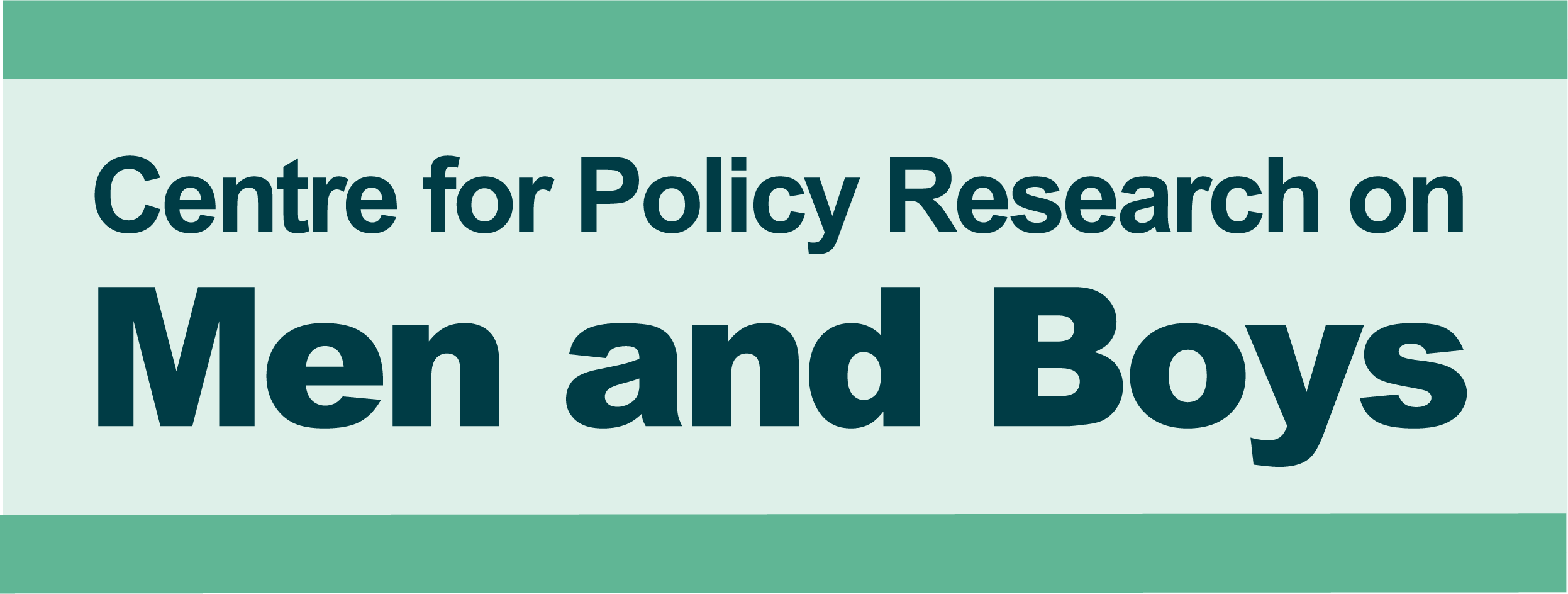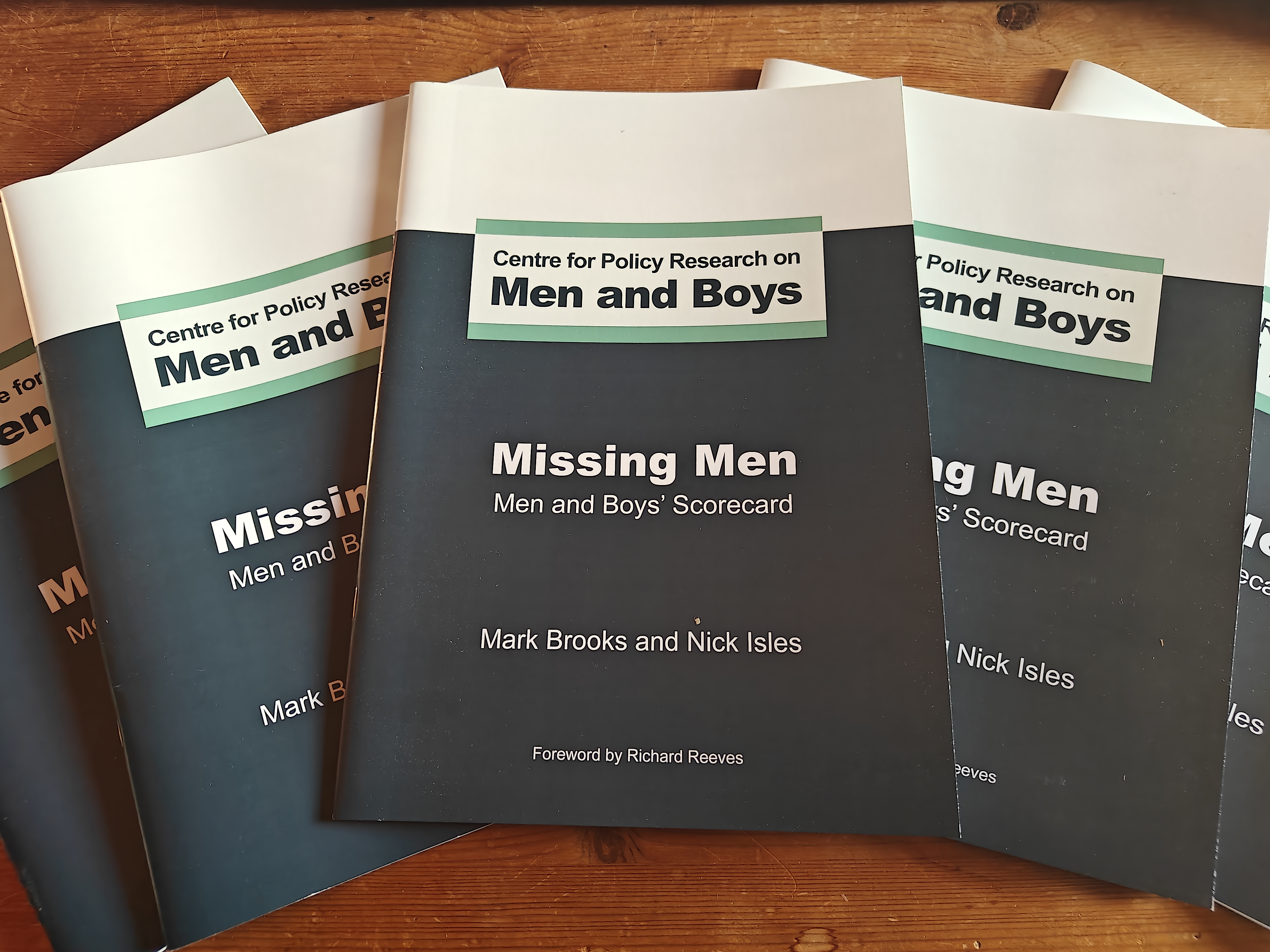The problem with public discourse
Public discourse refers to collective narratives that shape how society frames and thinks about an issue. The underpinning factors for these collective narratives are influenced by media, education, policy and culture. These influences shape how individuals, communities, and wider societal groups think and feel and contribute to what is seen as acceptable, and not acceptable, within society. When considering the case of young men and boys and consent the impact of public discourse is evident through how boundaries, rights and experiences relating to sexual behaviour is framed.
This discourse implies that young men and boys are sexually driven and always eager to initiate sexually related behaviours no matter what the context. This perspective does not allow for exploration of boundaries for boys or allow them to express uncertainty or vulnerability. Consent when considering young men and boys is often focussed as something they have to obtain as initiator, not something they have to give and consider for themselves. These societal positions of young men and boys do not account for the realities and complexities of the sexual world that young men and boys have to negotiate and it rarely sets them out to be vulnerable or uncertain.
The shame of saying no
This wider public discourse and also how young men and boys are socialised in relation to masculinity adds to the complexity around this issue. Cultural scripts that socialise boys from a young age supress vulnerability and encourages them to reach a perceived pinnacle of manhood that values control, power, lack of emotion and sexual competence. This position is something that has to be:
1) Earned – by proving oneself,
2) Kept – through following socially expected rules,
3) Proved – through outward behaviour.
Due to this precarious position boys and young men who say no to sexual activity are often ridiculed and shamed and their masculinity and status as a man is questioned. This shame compounds silence around a young man and boys’ ability to say no and compounds the social nature of consent for them due to the context into which expectations of them are embedded.
A young man’s perspective
This issue has emerged across several research projects I’ve led on young men and boys, including studies on youth voice, Incel culture, sexual behaviours, and masculinities. The young men in the studies often highlighted this position, overtly stating that there is no avenue for them to refuse sexual activities and if they did the consequences to them related to how they are viewed within society. They also demonstrated a great deal of agency and understanding of this issue, with many of the young men stating that they also understood the impact that refusal would have on the potential sexual partner in terms of the added implication of rejection. The research that specifically focussed upon sexual behaviours also indicated that the sexual experiences of young men and boys are many and varied and do not fit a simplistic lens of them being solely sexually driven. However, current public discourse does not allow for the exploration of varied sexual identities and development.
This evidences the complex context that young men and boys have to navigate and demonstrates the conflicts between the internal self (with associated boundaries and vulnerabilities) and the external self (the social expectations that young men and boys are sexually driven and never want to say no). The studies I have carried out in this area demonstrate that young men and boys struggle with this perspective and feel that they have no means to refuse sexual activity and that conversations around consent are only concerned with the simplistic view of them as the instigators and initiators and girls and young women positioned as the ones who set boundaries or regulate behaviour.
Changing the narrative
Considering the harmful public discourse surrounding young men, boys, and consent, there is a clear need to shift the social narratives that shape these views and bring this conversation to the fore. There are a number of ways that this can be achieved. A move away from relationships and sex education that reinforces gender stereotypes that implicitly frames boys and young men as initiators that are solely sexually driven needs to take place.
Safe spaces should be fostered that encourage young men and boys to consider and define their own boundaries from a young age, with clear examples of where boys can question and refuse sexual activity without shame. There needs to be clearer public messages that young men and boys can be vulnerable, exploited and coerced into sexual activity and that they also have a choice. This can also be alongside education on how damaging hierarchical perspectives on masculinity can be, embracing a more positive masculine position.
Young men and boys should be recognised as experts in their own lives and included in shaping conversations about consent. This approach will also negate a simplistic view of this work that often sees boys as all the same rather than individuals whose identities are embedded in not only gender but also other aspects of individuality such as class, ethnicity, culture, emotional depth, empathy, experiences and a desire for meaningful relationships.
These changes are not only linked to education but also change is needed in media portrayals of masculinity and sexual behaviour, and how these are reinforced by how public and health policy frames wider conversations about young men and boys rights to consider themselves in the conversation around consent and sexual boundaries.
Young men and boys often face pressure around sex and consent without any valuable conversations and support that refers to their own boundaries and decision making. To change this public discourse and assumptions around boys and young men society must start to listen to them rather than framing them solely as problems to be managed.
A note to the reader
The position set out in this piece does not negate from the important work that is being carried out in relation to consent for young women and girls. There is an endemic issue of sexual violence and harassment that is disproportionately carried out by men and boys against women and girls. Therefore, work in this area is vitally important when considering consent in this context.
Additionally, whilst it focusses upon sexual relationships between young men and young women it does not intend to detract from important conversations that relate to consent and LGBTQ+ young people and the writer advocates for a move away from heteronormative educational positions that reinforce damaging gender norms. The perspective set out in this piece seeks to add to the work being done, rather than take away from it, in a move to benefit all young people.

_1.webp)






